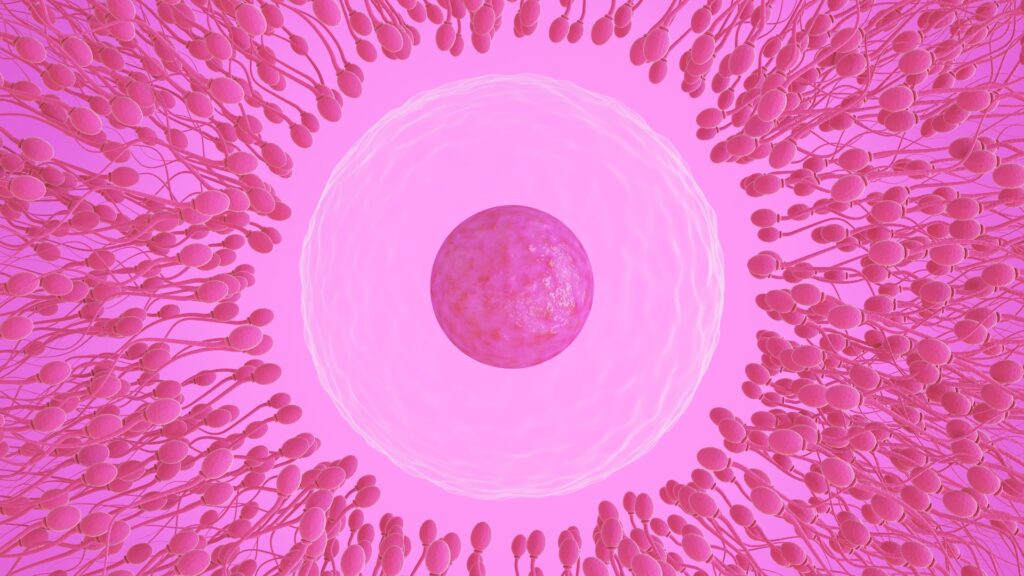The widely accepted narrative of sperm as aggressive racers and eggs as passive waiters is increasingly challenged by scientific findings. In her upcoming book, “The Stronger Sex: What Science Talks About the Power of the Female Body,” author Star Vartan addresses enduring myths about female biology, emphasizing the roles of gender differences and the misconceptions around reproduction.
Research indicates that while male sperm production resembles that of fish—massive quantities released without selectivity—female mammals have evolved to manage egg production differently. According to Professor Linnet Siebert, this shift in reproductive strategy enables female mammals to control fertilization internally, allowing for a more selective process that enhances the survival of offspring.
Historically, eggs were viewed as passive players in fertilization, merely waiting for sperm to penetrate. However, studies since the 1980s have revealed that eggs actively choose which sperm to accept based on various factors, including chemical signaling that attracts specific sperm before fertilization occurs. This ongoing “rediscovery” of scientific truths about egg-sperm interactions points to a persistent bias in how biological research is interpreted and presented, often reinforcing outdated cultural narratives.
The evidence suggests that eggs can influence sperm selection and that the menstrual cycle is intricately tuned to optimize reproductive outcomes. This complex interplay underscores the active role of female reproduction, contrary to traditional beliefs, asserting that adaptations over time have favored a more strategic approach to generating healthy offspring.
Source link


